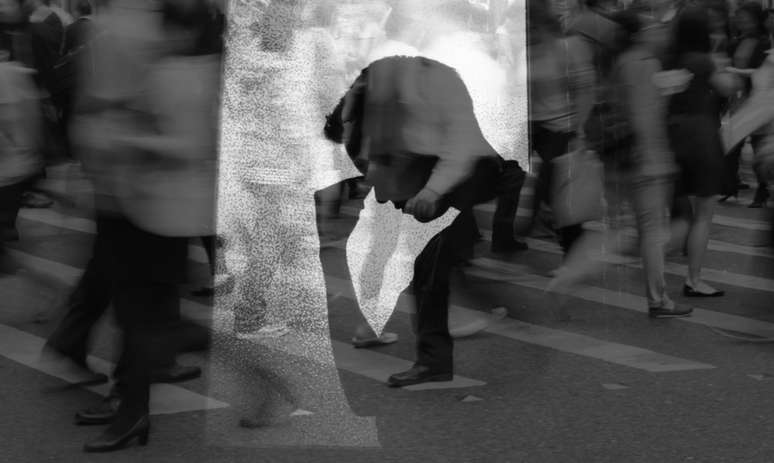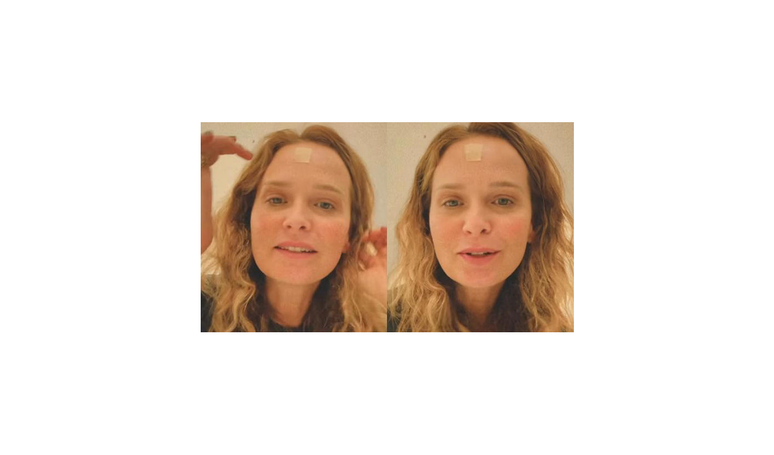Social anxiety prevents the individual from experiencing common social situations due to fear, shame and nervousness
Anxiety is a common feeling inherent in human beings. However, when it starts to limit the quality of life and cause damage to everyday life, it becomes a pathology. This is a multi-faceted condition. This is because the disorder presents in different ways, such as social anxiety.
What is social anxiety
According to psychiatrist Diogo Batista Gomes, of the Renascer clinic, social anxiety occurs when anxious symptoms (such as a panic attack) manifest themselves in common social situations, such as crowded places, presentations, socializing with peers or small conversations.
In this sense it is important not to confuse social anxiety with shyness, warns psychoanalyst Mariana Frota, also from the Renascer clinic.
“Shyness generally has something linked to what is unfamiliar to us, which after a certain exposure and insistence can improve. But when we talk about social anxiety we wouldn’t have the familiar factor, it would be an independent suffering because it brings with it many fears, worries , expectations and questions that go beyond feeling more comfortable in a space,” he explains.
Symptoms
According to experts, social anxiety can cause symptoms such as:
- Shortness of breath and/or increased breathing rate;
- Rapid heartbeat;
- Sweat on the extremities;
- Tremors;
- Nervousness;
- Muscle tension;
- Tremor of voice;
- Nausea;
- Changed body color, such as a very red face.
“A person with social anxiety limits themselves very radically in their relationships and social connections. Therefore, this prevents them from being in places and making connections that can be fundamental to their life, such as spending time with family outside the home. or even being able to work,” says Mariana.
In her opinion, an evaluation by a specialist is needed to distinguish between normal anxiety (such as butterflies in the stomach during a presentation) and social anxiety disorder (in which the person stops doing activities for fear of being judged).
Treatment
According to psychiatrist Diogo, the treatment of social anxiety involves both psychiatric drugs and psychotherapeutic techniques specific to this condition. Furthermore, the psychoanalyst recommends therapy. “In therapeutic treatment with psychoanalysis, the patient, through speech, will learn to recognize what causes anxiety and anxiety,” says the professional.
“It is a disorder and not a life sentence. Just because the individual goes through this pattern of anxiety does not mean they will be like this forever. With proper care and treatment it is possible to break out of this social anxiety and have a more connected life and social exposure”, concludes the psychoanalyst.
Source: Terra
Ben Stock is a lifestyle journalist and author at Gossipify. He writes about topics such as health, wellness, travel, food and home decor. He provides practical advice and inspiration to improve well-being, keeps readers up to date with latest lifestyle news and trends, known for his engaging writing style, in-depth analysis and unique perspectives.








